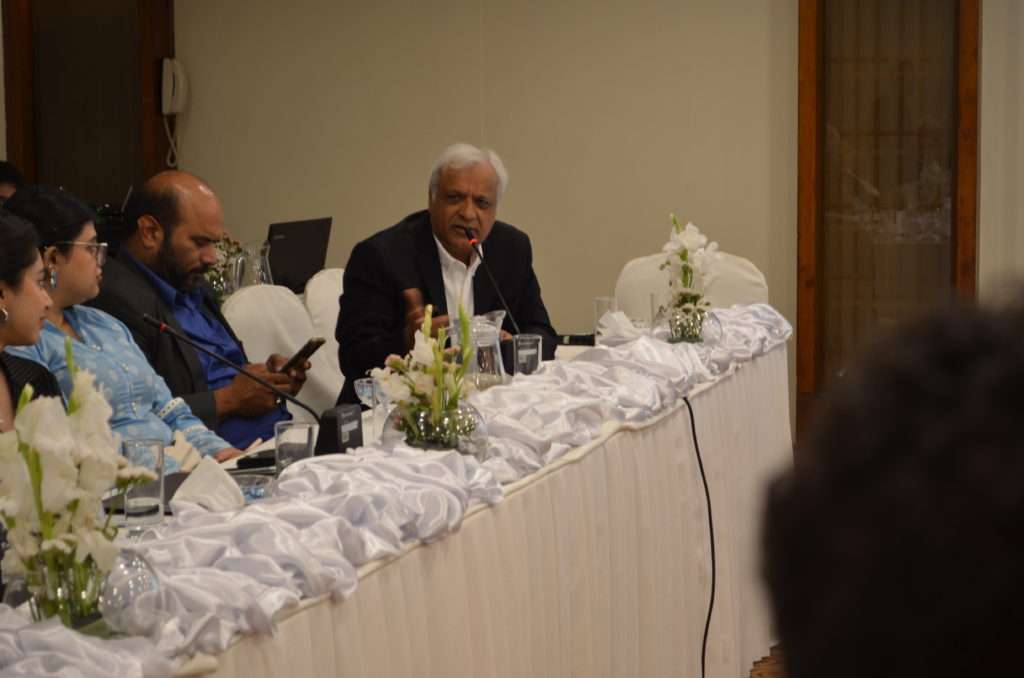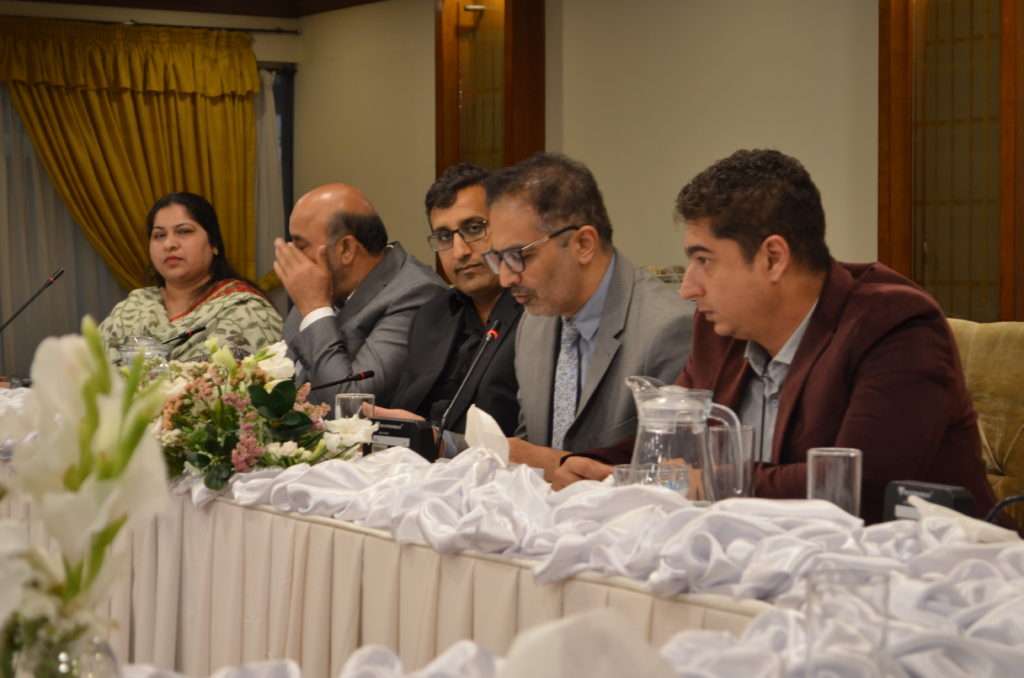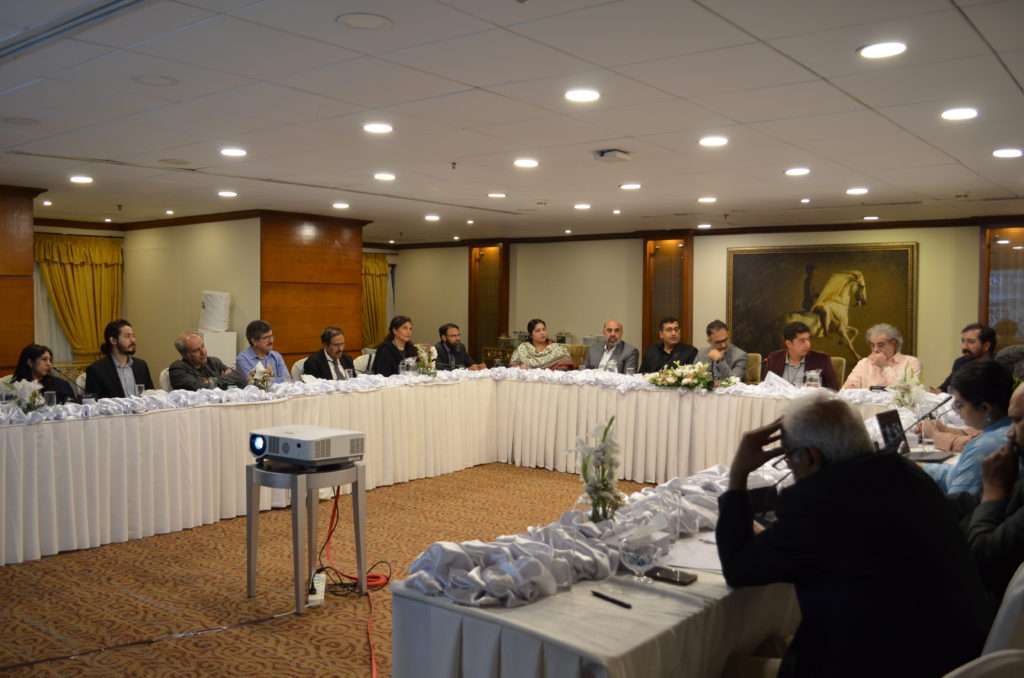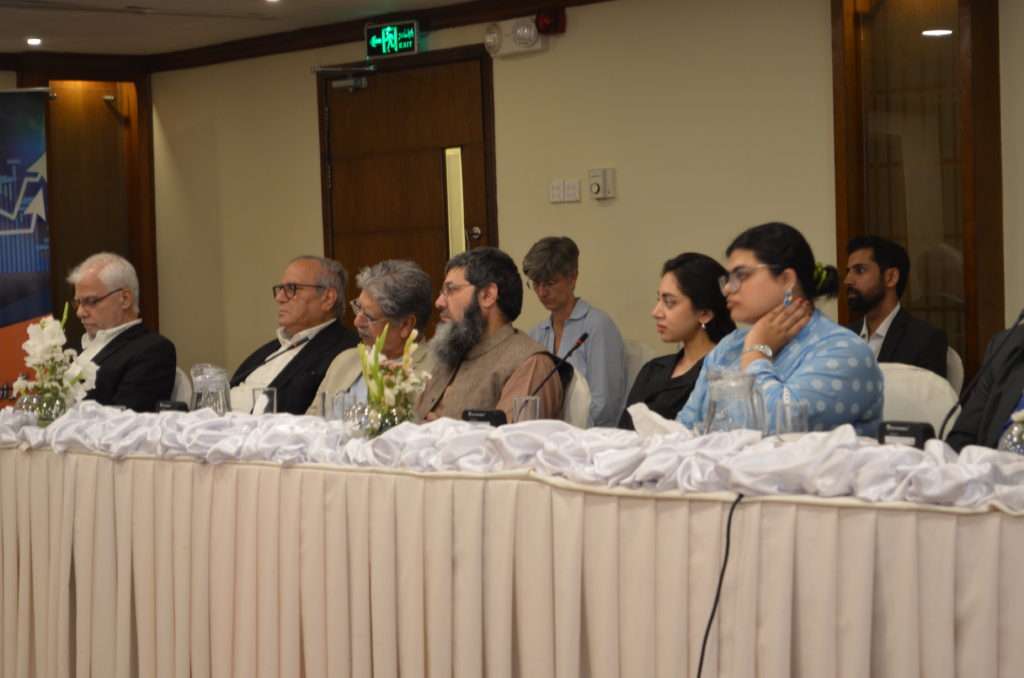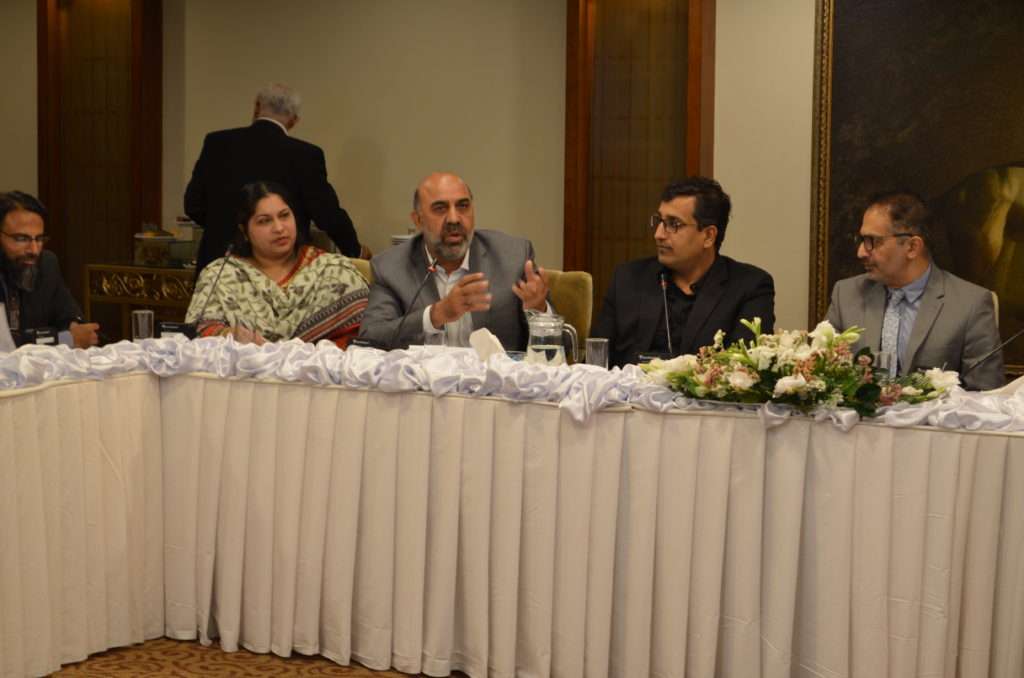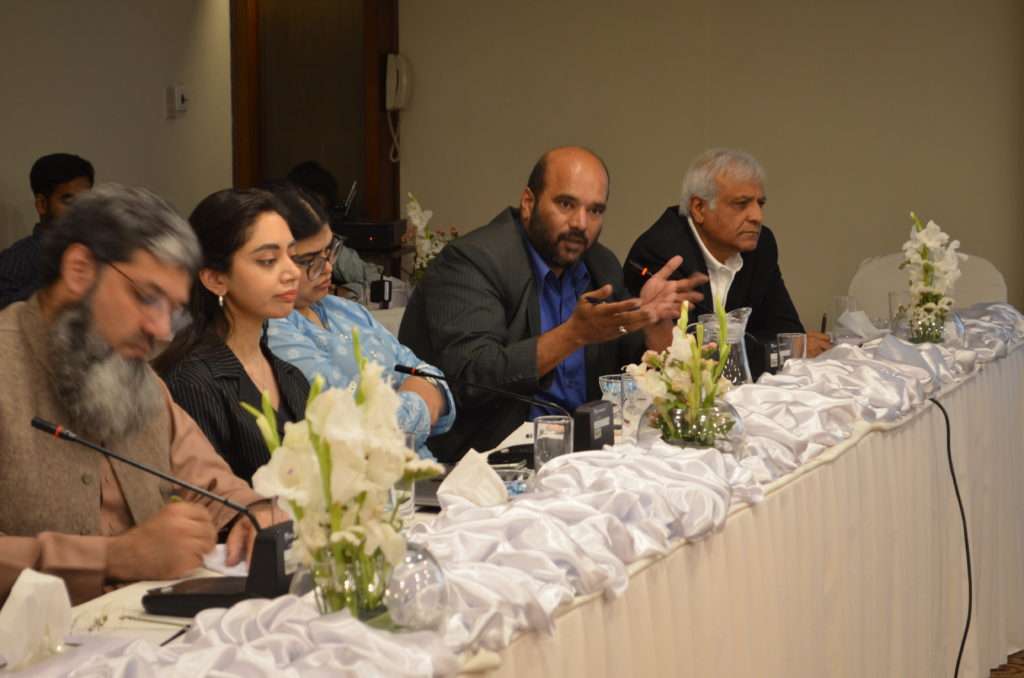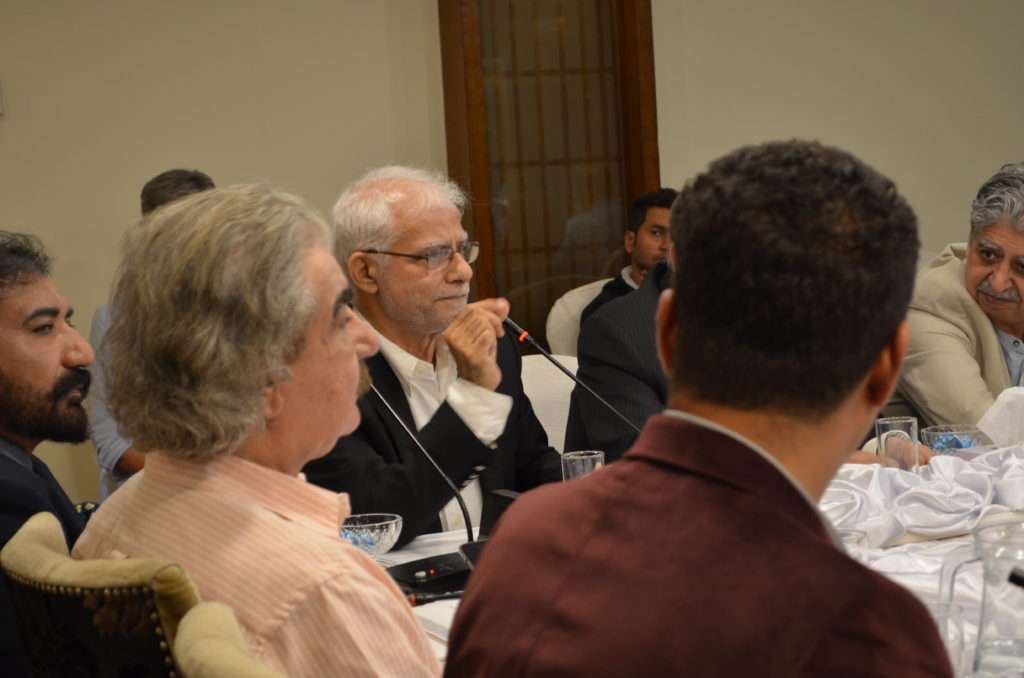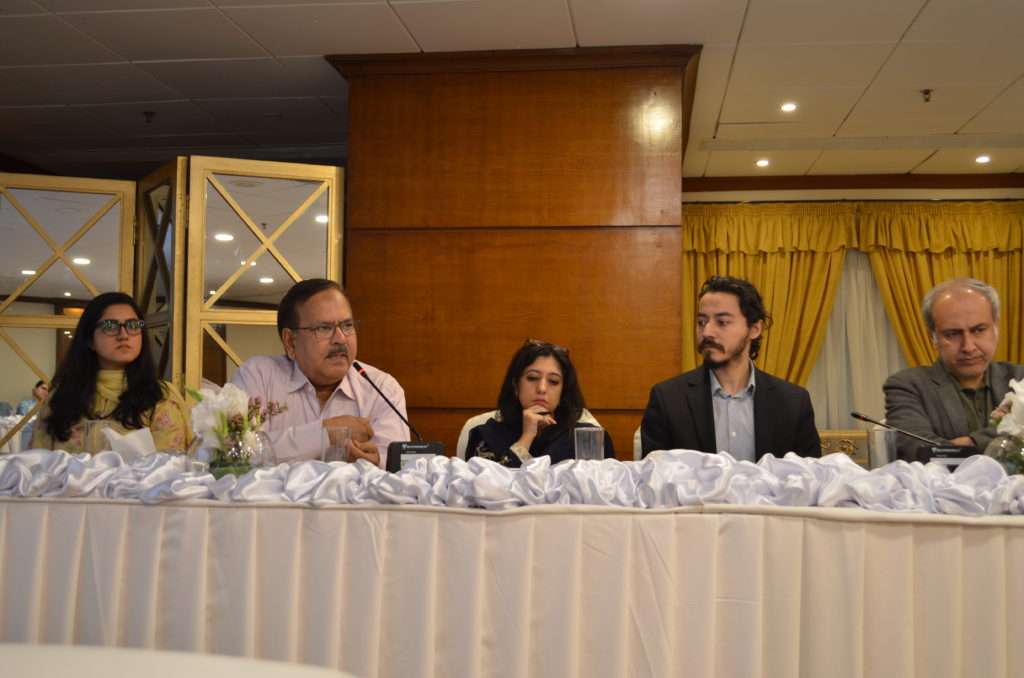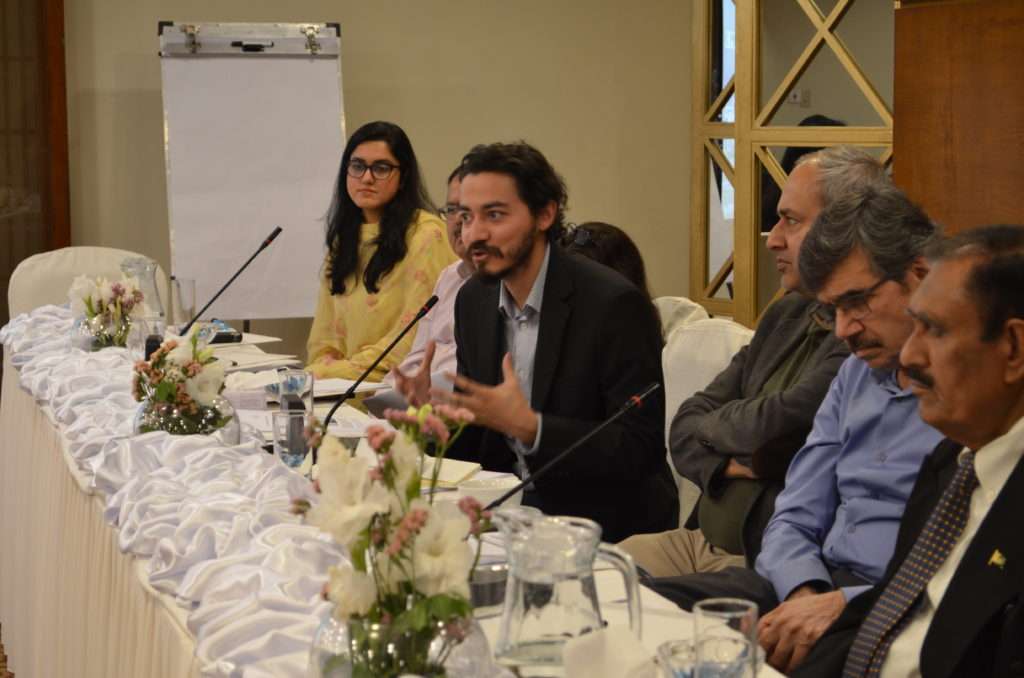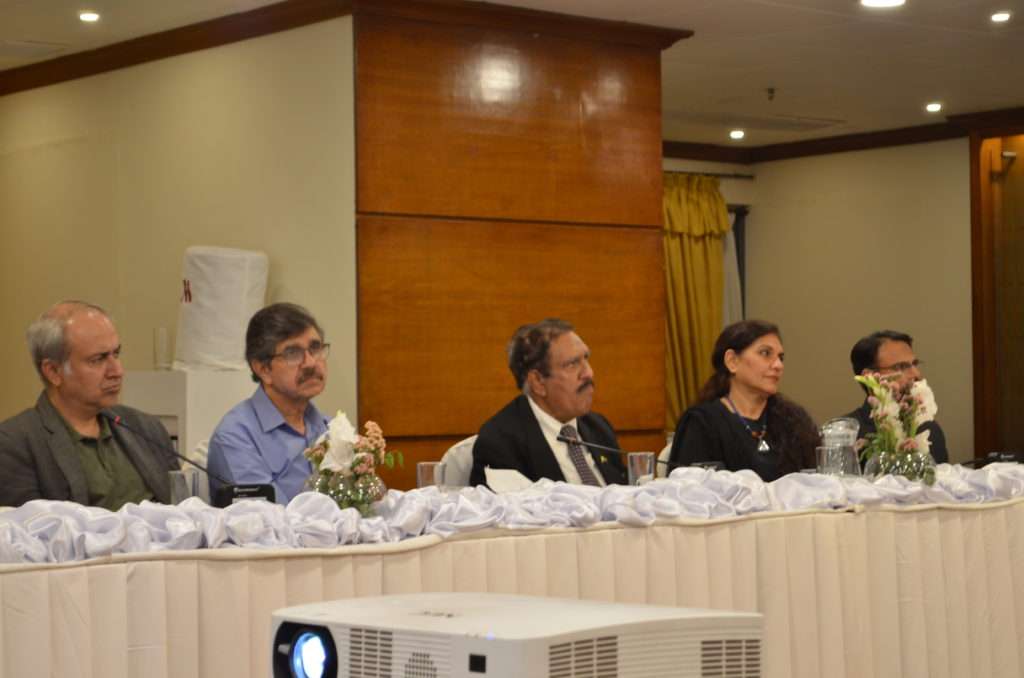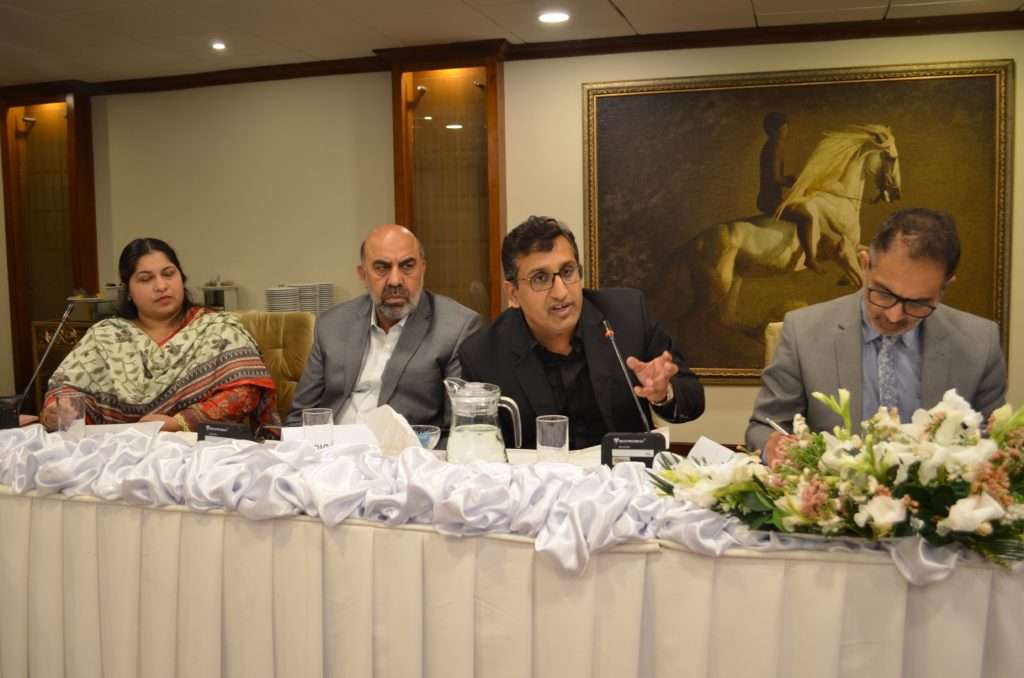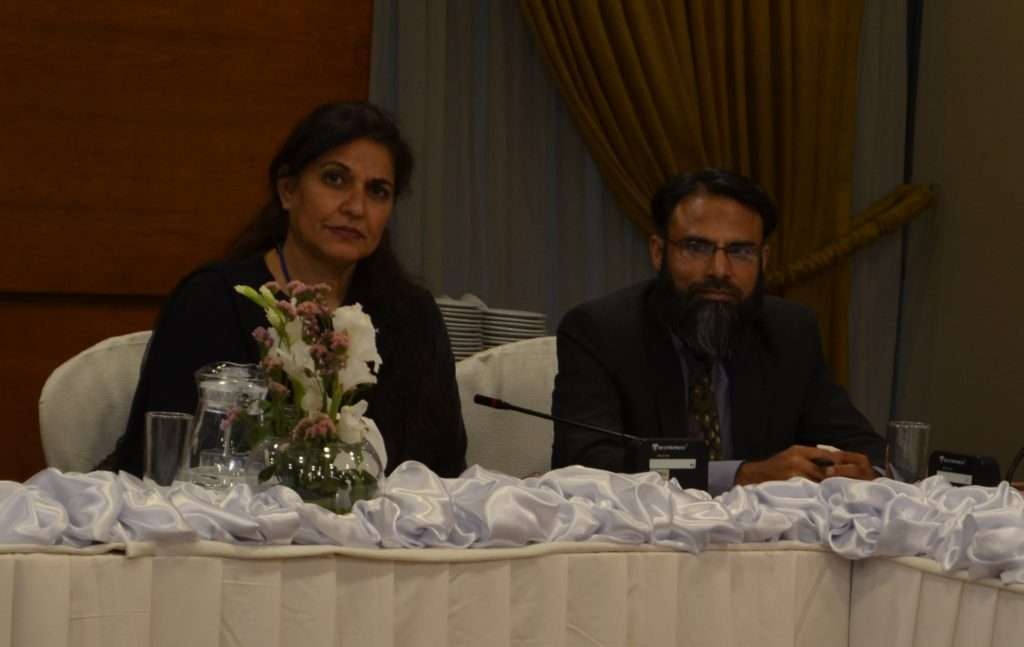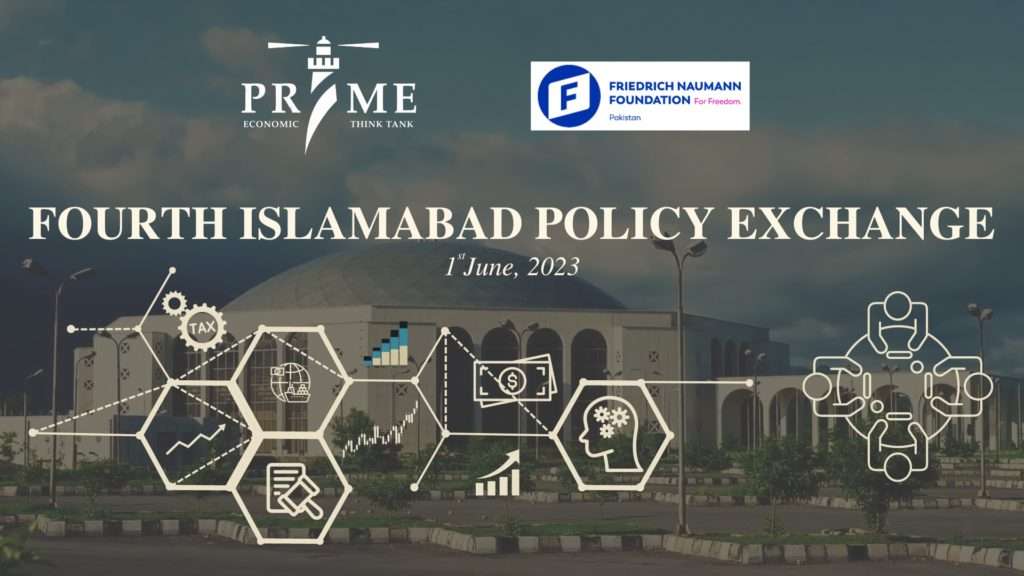
PRIME (Policy Research Institute of Market Economy) organized the 4th Islamabad Policy Exchange on 1st of June 2023. The event was attended by private sector, academia, Think tanks and Government representative.
The discussion revolved around ease of tax and macroeconomic issues in the recommendation of RRMC. Withholding tax proposal on simplification of procedures and suggestions put forth by Revenue and Resource Mobilization Commission (RRMC).
The audience was informed about the RRMC recommendations of tax so far in the Federal Budget 2023-24. The Reform and Revenue Mobilization Commission (RRMC) has released a set of recommendations aimed at revitalizing Pakistan’s tax system and promotion of compliance through simple and transparent tax system, compliance facilitation and institutional development.
Reforms commission have proposed a tax on the sole proprietors and association of persons to promote corporatization The commission recommended penalizing sole proprietors and non-corporate exporters to promote corporatization. They proposed a 10% tax increase for sole business operators and raised the tax on non-corporate exporters from 1% to 8%.
The Reform and Revenue Mobilization Commission (RRMC) recommends imposing an income tax of 5% to 7.5% on the accumulated profits (distributable reserves) of listed and non-listed companies. The Current rate is 20 percent for small company/AOP/Sole proprietors. From 3.5% to 5.5% for commercial importers in the upcoming budget for the fiscal year 2023-2024. The RRMC also proposes increasing tax rates on dividends for companies under the final tax regime. Currently, a 25% tax rate is levied on dividends when the company paying the dividend has not paid any tax for any reason.
The country has been borrowing from abroad since 2007 to finance its current account and trade deficits, which reached $45 billion last year. . It is crucial to prioritize finance over debt and create a proper debt structure, considering the approaching debt payments.
The lack of consistency in revenue policy complicates the tax system for collectors, necessitating a small and stable finance bill for the next five years. Excessive government and Public Sector Development Program (PSDP) spending should be reduced. The PSDP will spend 700 billion rupees this year, with 146.3 billion rupees in foreign aid. It is essential to promote local businesses, improve the ease of doing business, and revitalize the textile industry to increase exports.
To reduce the current account and fiscal deficits, it is necessary to stabilize the dollar rate and limit imports. Overall, the Tola Commission’s interim report needs to establish clear objectives to address these pressing issues.
Rising taxes can have a negative impact on investors, as it can reduce their profits and make it more difficult for them to grow their businesses. This can lead to a decrease in investment, which can slow down economic growth. The hurdles encountered in the overhaul of the taxation system comprise undocumented supply chain, leakages in withholding taxes, mis-invoicing and smuggling.
The participants unanimously agreed that current taxation system is complex and is also lacking to build trust between the government and the citizens, which leads to fall in compliance and more tax evasion. In addition, the high rates of taxes encourage people to stay out of the taxation system as the cost of compliance is high. Therefore, it is recommended to reduce the rates and number of taxes to promote broadening of tax base. It was also considered imperative to promote research and impact analysis within the FBR to evaluate the utility of any tax reform.

